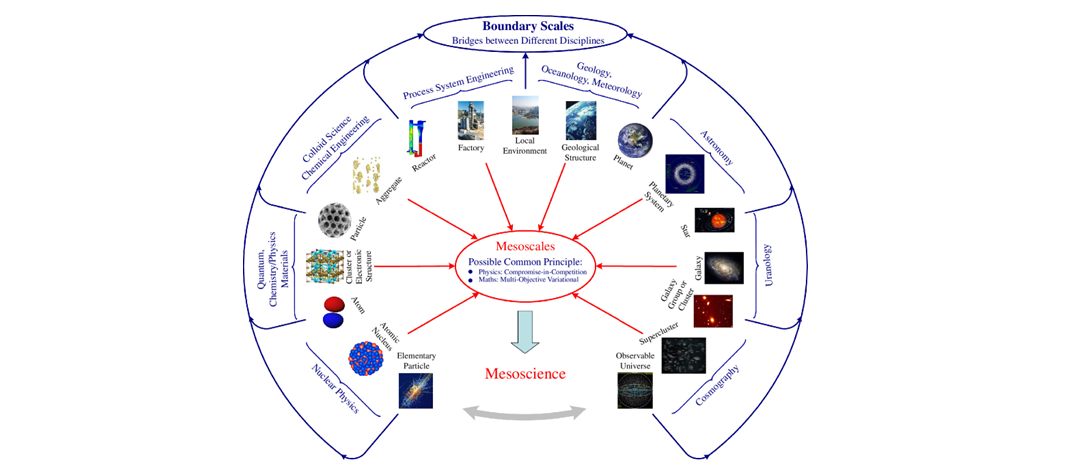An illustration introduces the inhalable dry powder vaccine.
Researchers have made significant progress in developing vaccines for respiratory infectious diseases in recent years. Most of these vaccines, however, are administered through intramuscular injection, which primarily induces a humoral immune response and relies on serum antibodies to neutralize the virus. Unfortunately, this approach often fails to trigger a mucosal immune response and establish a robust immune barrier in the respiratory tract.
Moreover, adjuvants commonly used in current vaccines (e.g., aluminum adjuvants) can not induce cellular immune responses and are ineffective in combating rapid virus variation. Additionally, the current liquid form of vaccines necessitates strict low-temperature storage conditions, and the two- or three-dose vaccination schedule also impacts the overall vaccination rate.
Therefore, interdisciplinary integration and innovative research concepts are needed to develop safer and more efficient vaccines for respiratory infections.
Researchers from the State Key Laboratory of Biochemical Engineering at the Institute of Process Engineering (IPE) under the Chinese Academy of Sciences have proposed a new "nano-micro composite" delivery concept for inhaled vaccines and developed a new vaccine platform to tackle these challenges together with researchers from the State Key Laboratory of Pathogen and Biosecurity at Beijing Institute of Biotechnology.
The platform, featuring fast preparation, efficient delivery, easy storage and transportation at room temperature, and sustained release, has successfully prepared vaccines in the laboratory, proven to be effective in blocking respiratory viral infection and transmission in animal models.
The platform combines biodegradable microspheres with protein nanoparticles. The surface of these nanoparticles can simultaneously display multiple antigens, thus inducing a broad-spectrum immune response and expanding the range of vaccine protection. The platform also allows for the quick and convenient development of other respiratory virus vaccines thanks to the flexibility of antigen presentation.
The unique nano-micro composite structure of the platform enables a potent immune response in the lungs by facilitating high-performance delivery. Once the antigen nanoparticles are released, they are efficiently taken up by antigen-presenting cells.
The dry-powder vaccine can significantly reduce storage and transportation costs, making it suitable for areas with limited refrigeration facilities, thus improving immunization coverage. The sustained release of antigens in the vaccine can induce long-lasting humoral, cellular, and mucosal immunity with just a single inhalation.
In addition, researchers developed a model of airborne protection, contact protection, and airborne transmission blocking, which described the benefits of inhaled vaccines for preventing virus infection and transmission.
"The components of this nano-micro system use natural proteins and approved polymer materials, and the effectiveness and safety of the vaccine have been systematically studied in non-human primates, indicating its great potential for clinical translation," said Wei Wei, a researcher from the IPE.
More information:https://doi.org/10.1038/s41586-023-06809-8
 Search
Search




 京公网安备110402500047号
京公网安备110402500047号